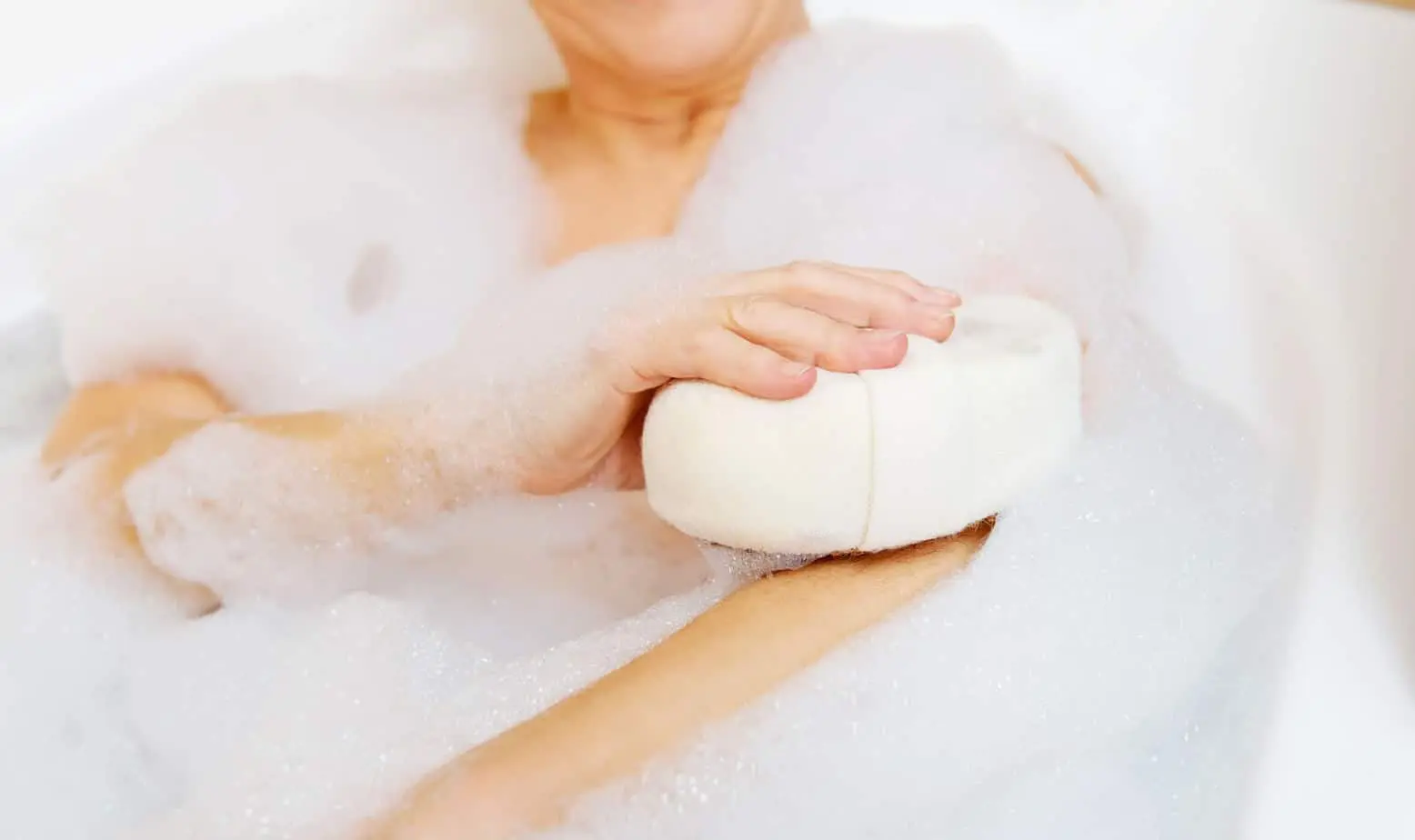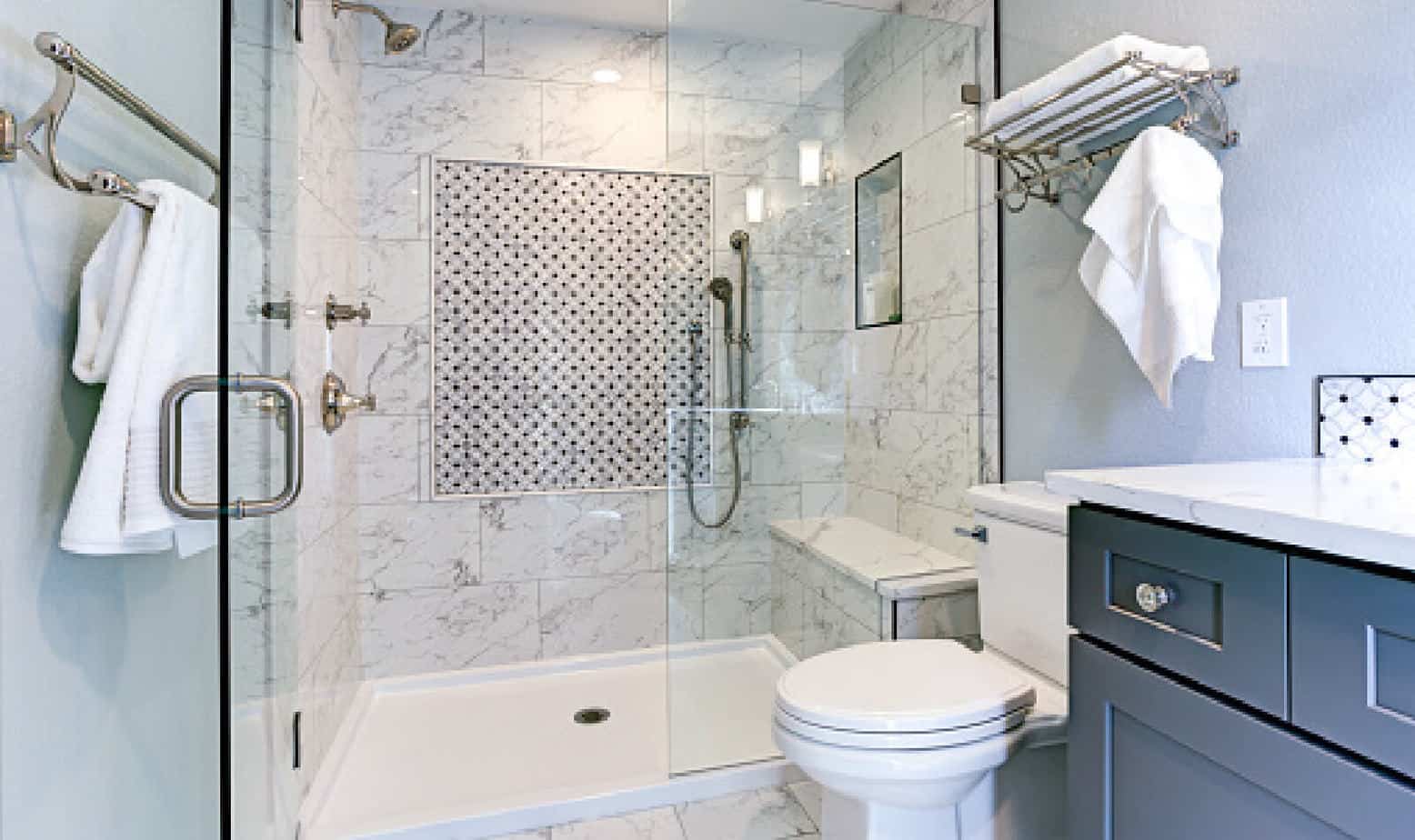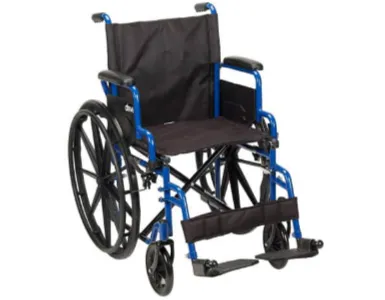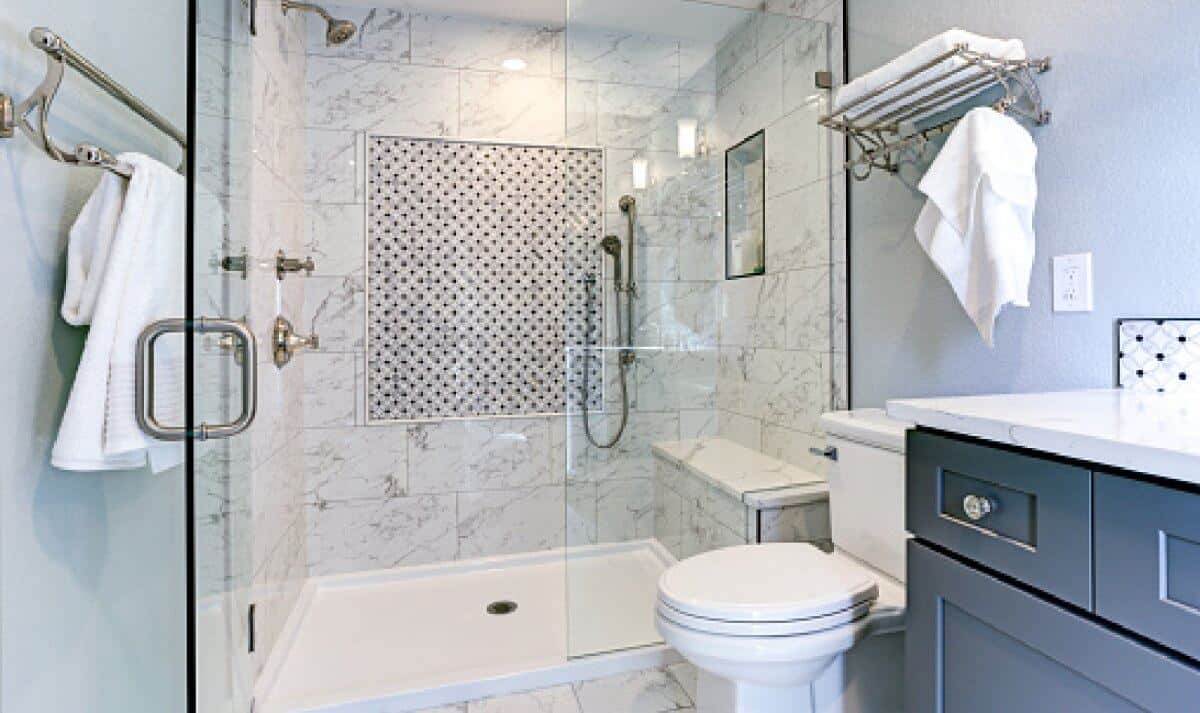The problems with poor hygiene practices are all too common in aging adults. Family members and friends may not notice right away that their aging loved ones are neglecting their personal care. One of the main reasons the neglect is not noticed is that elderly people tend to isolate themselves. According to the Centers for Disease Control and Prevention (CDC), one-fourth of elderly seniors 65 and older live in social isolation.
By the time it’s noticed that an elderly loved one isn’t practicing good hygiene, the evidence is clear.

The most noticeable evidence is body odor, not from working in the garden all day or after a long workout, but lingering body odor that goes on for days.
Another sign that an elderly person isn’t keeping up with their hygiene routines shows in their clothing. Their clothes may be dirty, torn, or smelly regularly. In addition to their physical hygiene issues, there may also be noticeable neglect in an aging parent or elderly person’s home care.
Cleaning around the house is also not a priority anymore. Dirty dishes lying around, overflowing trash, and a messy bathroom are no longer a priority.
Table of Contents
3 Steps Towards Good Personal Hygiene for Elderly Seniors
Aging adults are more vulnerable to severe issues with skin infections and parasitic infestations because of poor personal and oral hygiene practices.
Even though this is a common problem for the elderly, they can take steps to help maintain good hygiene for daily living.

1 Set Specific Times for Hygiene Care
Memory loss can cause an elderly person to neglect their personal hygiene obligations. Whether the memory loss is temporary or due to a medical condition, developing a set time for personal care is helpful. Set a time every morning or evening for showers or baths. Repeating this for an extended period of time will make it easier and easier to do.
2 Invest In Bathroom Safety Equipment & Personal Hygiene Aids
It’s not unusual for aging adults to experience problems with mobility. Standing for long periods of time or bending or stretching suddenly becomes a problem. If these are an issue, investing in shower chairs, bath benches, and grab bars will ensure the bathroom is safe. Slips and falls in the bathroom happen to everyone. However, an accidental fall for an elderly person can result in serious injuries or even death.
To eliminate problems with bending and stretching, invest in bath brushes and self-wiping toilet aids with extra-long handles. There are also devices like hands-free soap dispensers, long-handled nail clippers, and foam tubing devices to build up the handles of your toothbrushes, hair combs, and razors. All of these items are easy to use and very affordable.
YF-ANEN Long Anti-Slip Curved Handle Bath Body Brush Bath Brush for Middle Aged, Elderly/Pregnant Women Bath and Shower, 15.33 Inch3 Don’t be afraid to ask for help!
The upkeep of your home plays a vital role in your personal hygiene. Uncleaned cookware, dishes, toilets, and other home items create a cesspool for germs and bacteria. Maintaining a clean home environment can be very difficult for elderly seniors, especially if they have a medical condition like arthritis. If cleaning your home has become an issue, don’t be afraid or embarrassed to ask for help.
It’s understandable if you’re on a fixed income that paying for help isn’t an option, but there are organizations in your community that may be able to assist you. Age In Place, an organization that offers excellent resources for elderly seniors, may be able to help. Their service is free, and they can find assistance in your community based on your zip code.
Please know that you are not alone if you are having difficulties with maintaining good personal hygiene. Following these steps and reaching out for help if needed, will put you or your loved one on the path to better and healthier hygiene. Good personal hygiene will make you feel better, look better, and probably make you a social butterfly!





